Principal Investigator

Yu Ye
Principal InvestigatorAssociate Professor in Molecular Neuroscience
at Imperial College London
MRC-LMB, University of Cambridge, Ph.D
Imperial College London, BSc Biochemistry/Biotechnology Profile: Imperial College London - UK DRI - Researcher Interview
Email: yu.ye1@imperial.ac.uk
Bio: I grew up in a Nordic university town and completed a bilingual International Baccalaureate at the local Cathedral School. After undergraduate studies at Imperial, I continued with a PhD at St John's College, University of Cambridge. My training in David Komander's lab at MRC Laboratory of Molecular Biology combined structural biology with biophysical techniques to study molecular details underlying regulation of the ubiquitin-proteasome system (UPS). Following this, I was fortunate to secure funding first through a Henslow Junior Research Fellowship and then a Sir Henry Wellcome Research Fellowship to study the UPS and protein aggregation with super-resolution imaging techniques. Working between David Klenerman's group at Cambridge and Daniel Finley's group at Harvard, my research focused on exploiting the UPS system to remove protein aggregates. During this time, I also served as a Fellow and later also Director of Studies in Natural Sciences at the beautiful Selwyn College, Cambridge, where I still hold many fond memories.
My group at the Department of Brain Sciences at Imperial College London continues to study the interplay between UPS, protein aggregation, proteostasis and neurodegeneration.
Although in science it may be customary to refer the team by the PI's last name, this Lab is really about the team. Members past and present, their contribution and legacy. Their skills, technical and intellectual input, their protocols, codes, cell lines validated. Their presence and devotion shape the lab Ethos, our culture, and our Mission Statement. And as the lab coach, I'm proud to support everyone in the lab in reaching their full potential.
Research staff

Michael Morten
Research Associate in BiophysicsUniversity of St Andrews, PhD Biology
University of Oxford, MChem
Email: m.morten[a]imperial.ac.uk
Bio: I currently work on developing novel techniques to image aggregates in cells and tissues. I have previously used single-molecule TIRF and confocal microscopes in my PhD research (University of St Andrews) and postdoc projects (University of Glasgow and NYU School of Medicine), and I am now in the process of building a new light sheet microscope here in the Ye Group at the UK DRI at Imperial.
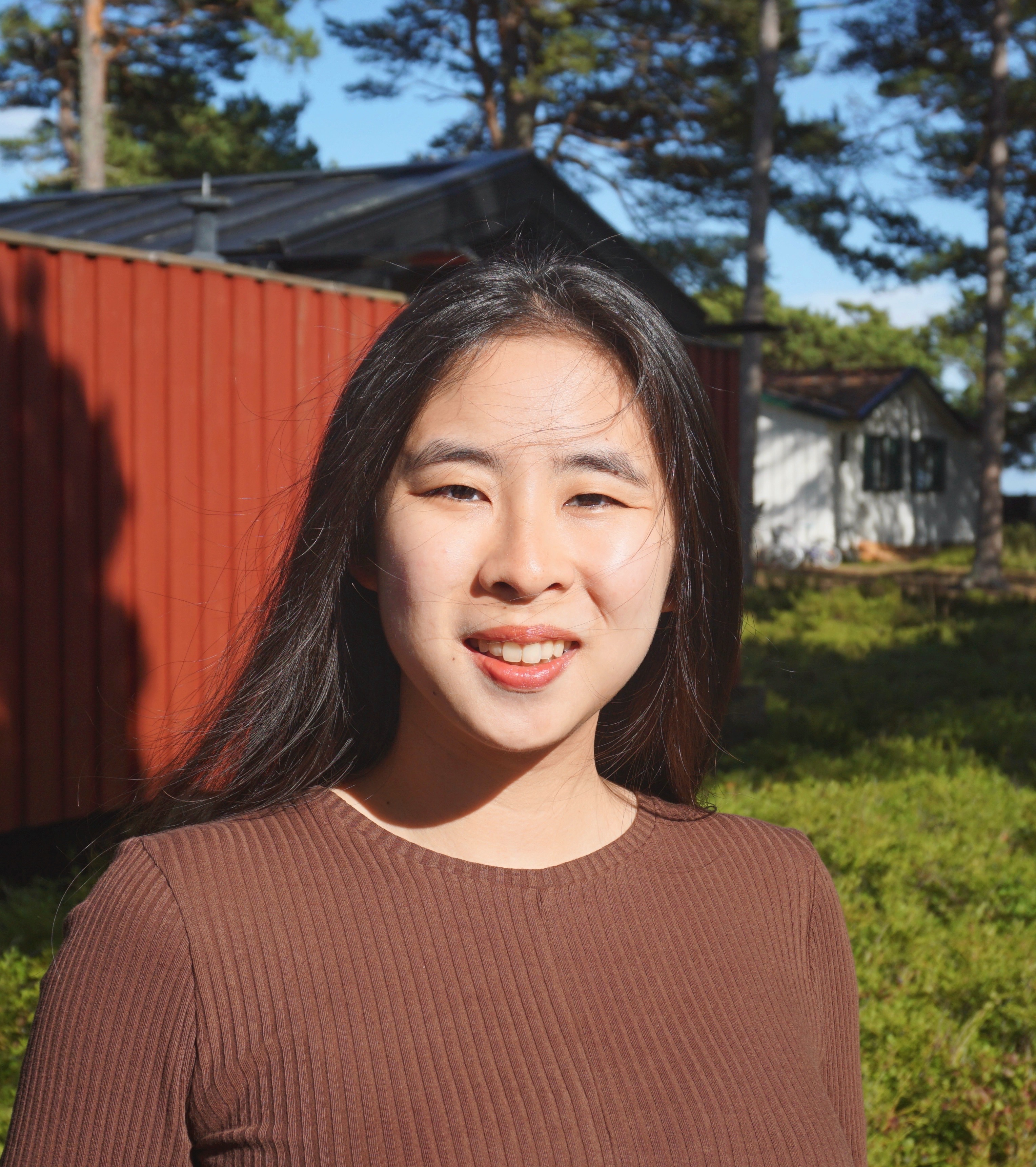
Chiao-Yin Lee
Research Associate in Biochemical NeuroscienceUniversity College London, PhD Neurodegeneration
Imperial College London, MRes Molecular and Cellular Biosciences
Imperial College London, BSc Biochemistry
Email: chiao.lee15[a]imperial.ac.uk
Bio: I was a PhD student in Tony Schapira’s lab studying the molecular and cellular interactions between LRRK2 and GBA1 in Parkinson’s disease using iPSC and mouse models. I have now returned to Imperial to start a collaborative project with Eisai, focusing on targeting proteostasis systems in synucleinopathy models with an emphasis on multidisciplinary translational research.
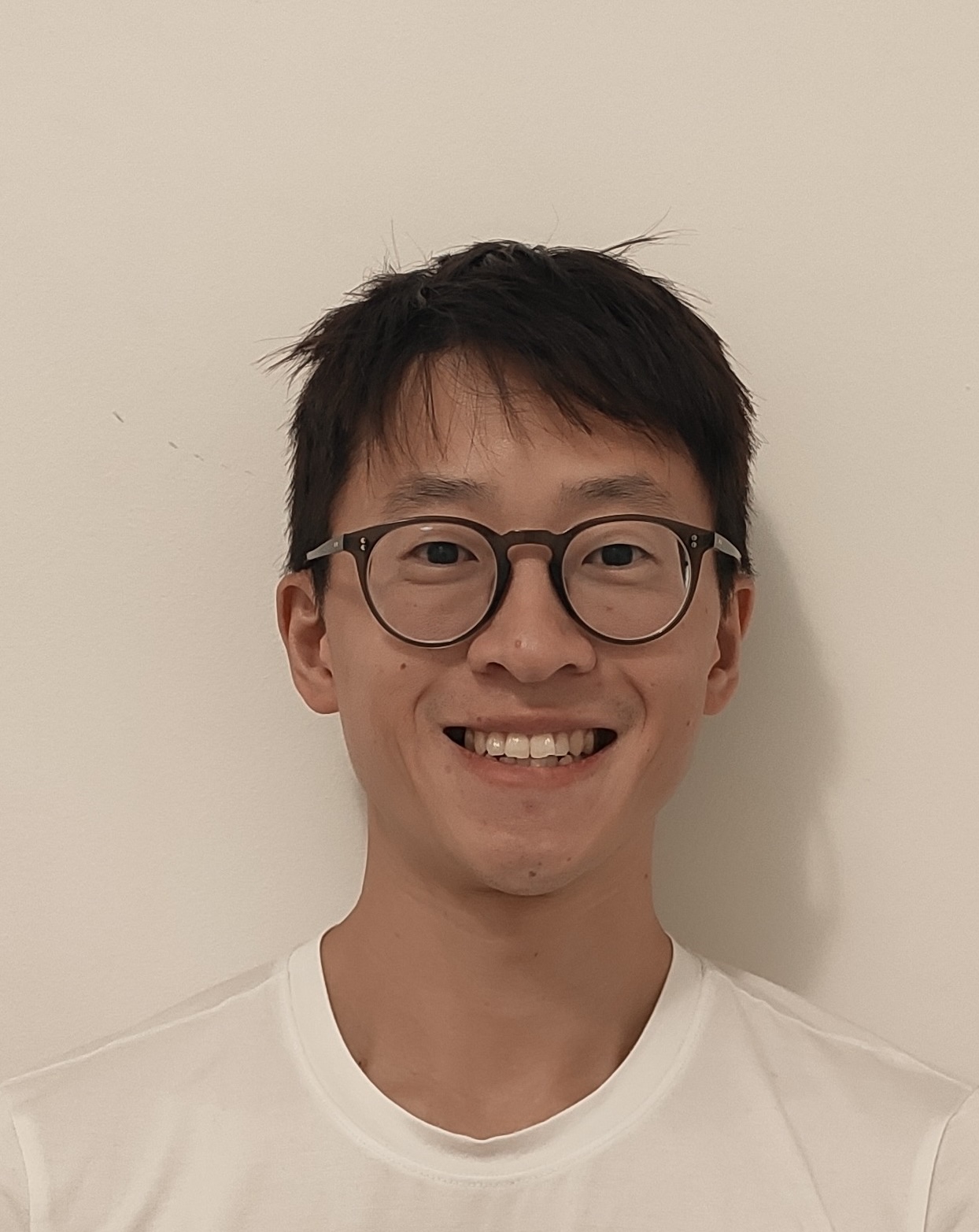
Jonathan Cheung
Research Associate in Cellular NeuroscienceKings College London and A*STAR Singapore, PhD Neuroscience
University of Edinburgh, BSc Biological Sciences
Email: j.cheung[a]imperial.ac.uk
Bio: I was a PhD student in Angela Hodges’s lab funded by the MRC-DTP to study Alzheimer’s risk gene TREM2 in microglia. During this time, I generated CRISPR-edited iPSC KO cell lines in which I developed and optimised assays investigating phagocytosis, lipid droplets and cellular metabolism. In the Ye lab, I will study how proteasomes clear tau aggregates in model neurons.
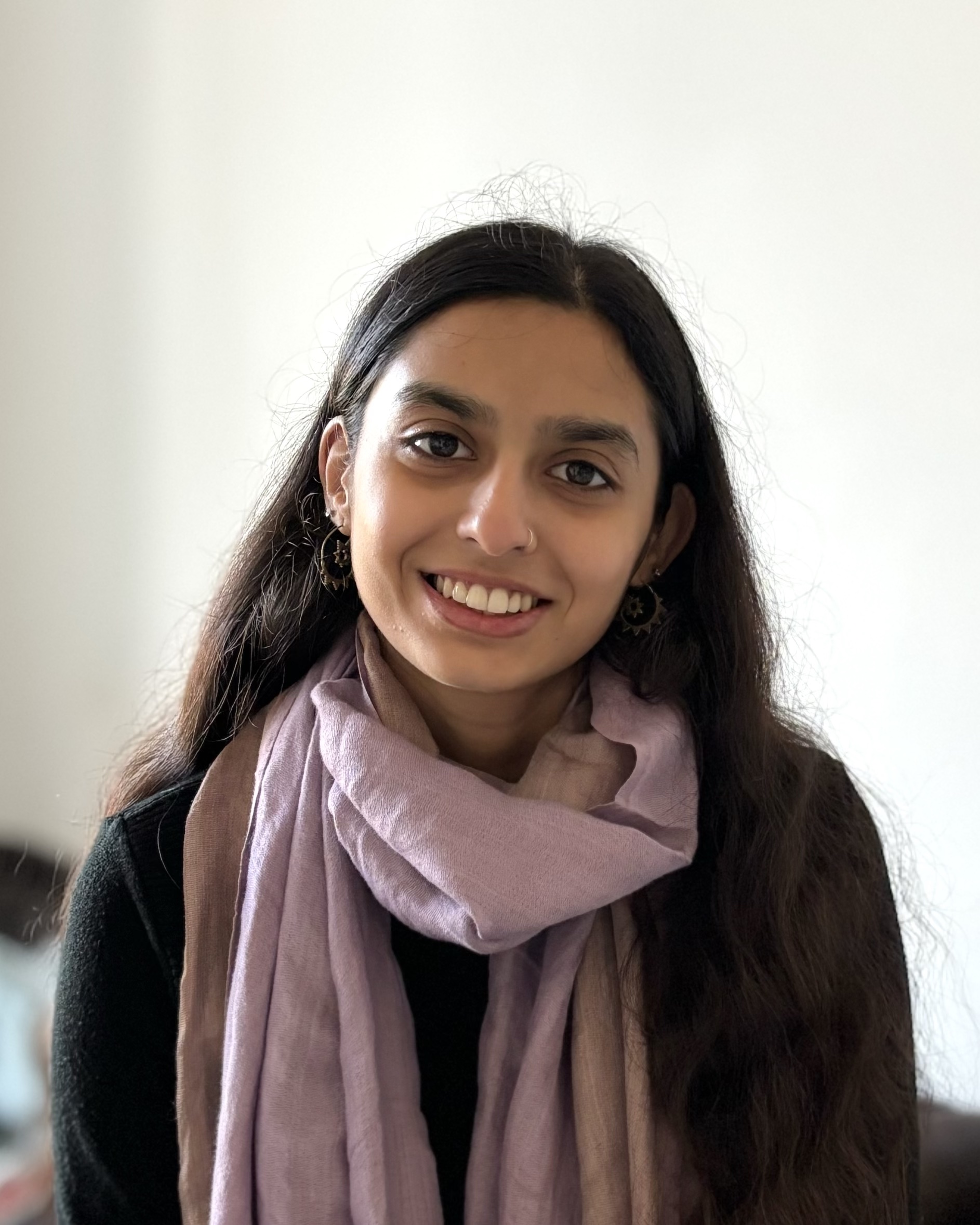
Sanjali Shirish
Research Assistant in Biochemical NeuroscienceImperial College London, MSc Immunology
University of Edinburgh, BSc Immunology
PhD candidates
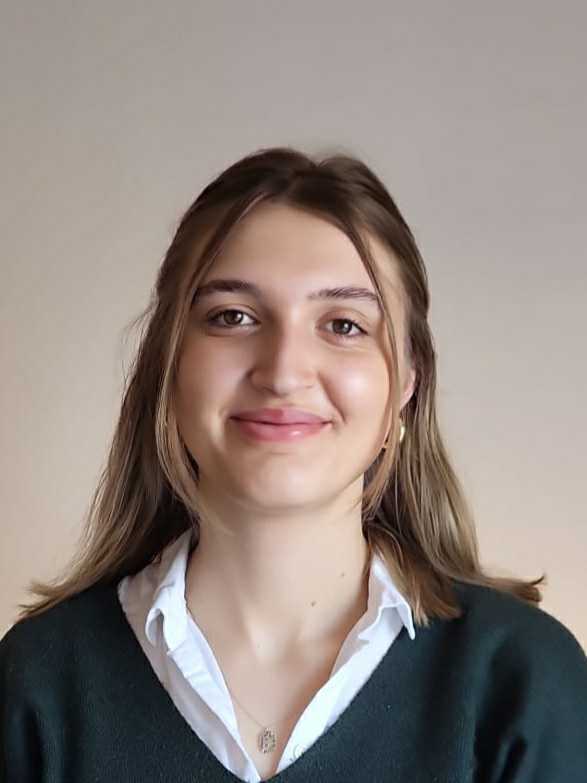
Matilda Burridge
PhD StudentImperial College London, BSc Biochemistry with French Profile: Imperial College London
Email: matilda.burridge18[a]imperial.ac.uk
Bio:Matilda, or Mattie, is funded by the prestigous President's PhD Scholarship, awarded whilst she was finishing her BSc degree. Mattie's project in the lab is to study the role of immunoprotasomes in tauopathies. Prior to starting her PhD, Mattie did research in the Ye lab as a UROP student to develop cell lines for protein aggregation assays.

Katarina Gregorovicsova
PhD Student (Main supervision: Michael Johnson)Imperial College London, MSc Translational Neuroscience
Durham University, BSc Natural Sciences
Email: katarina.gregorovicsova22[a]imperial.ac.uk
Bio:I am completing the first year of my PhD journey in the Ye lab, working on a collaborative project to validate a potential drug target in Parkinson's disease cell models. This project is funded by Parkinson's UK. Before my PhD, I earned my master's in Translational Neuroscience at Imperial College London and worked as a research technician in the UK Dementia Research Institute for a year.
Project students
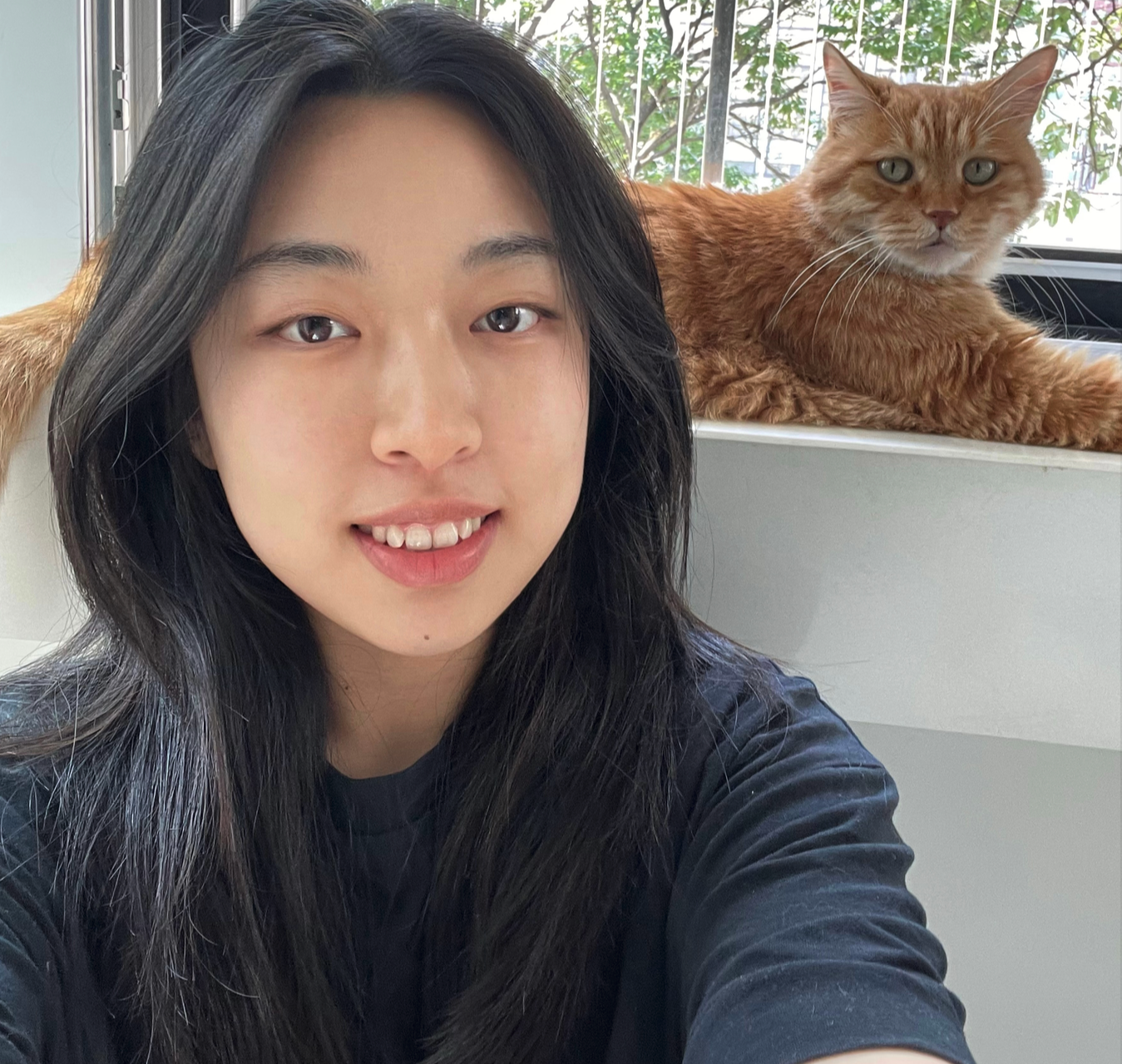
Weixiao Chen
MRes Experimental NeuroscienceUniversity of Edinburgh, BSc Medical Sciences
Email: w.chen25[a]imperial.ac.uk
Bio:Hi! I am an Experimental Neuroscience student at Imperial College London, interested in finding treatments for neurodegenerative diseases. I am excited to begin my first of three lab rotations here to explore the degradation efficiency of pathological protein aggregates by proteasomes.
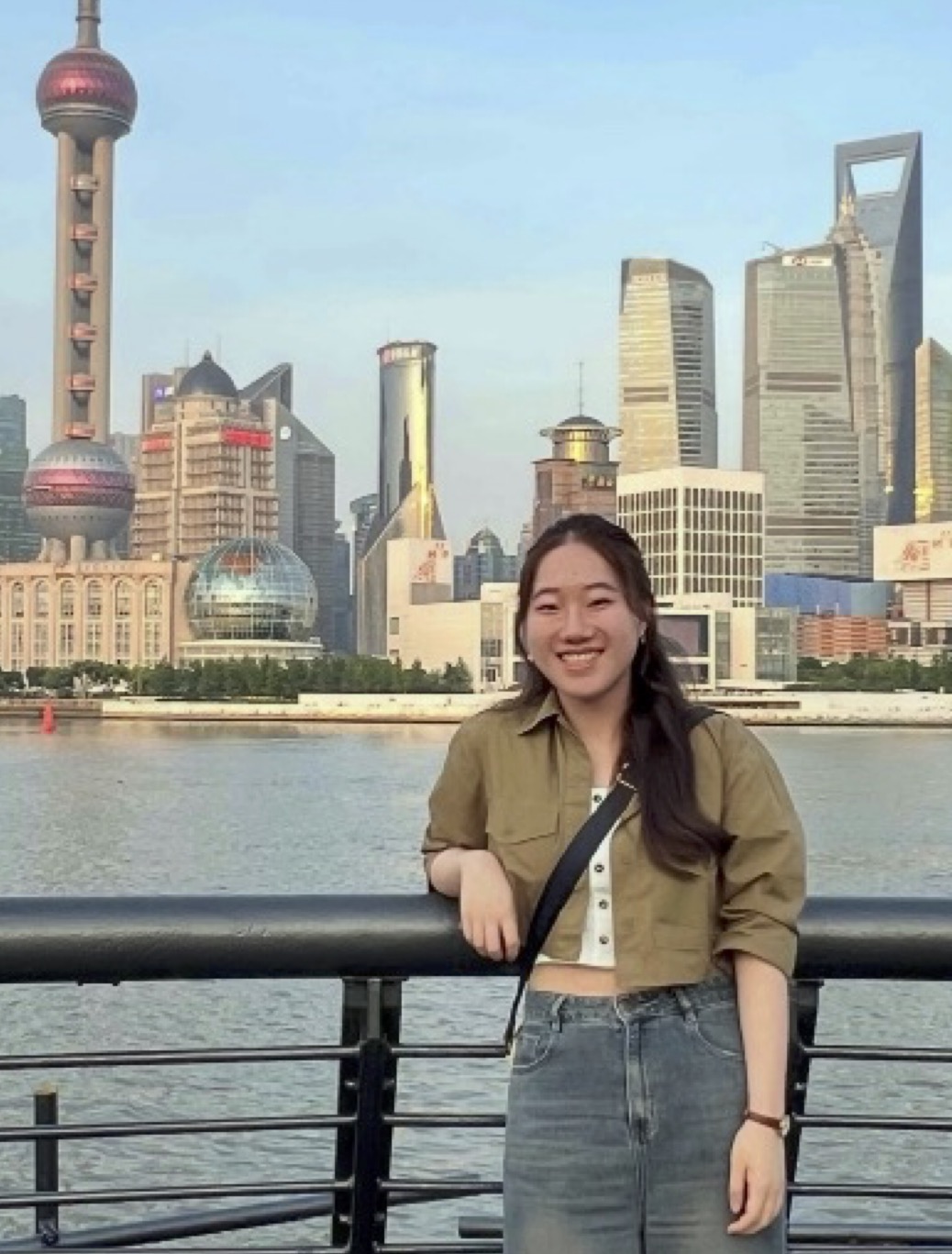
Vivienne Ting
MRes Experimental NeuroscienceImperial College London, BSc Medical Biosciences
Email: nga.ting22[a]imperial.ac.uk
Bio:I am a graduate of Imperial’s BSc Medical Biosciences and now an MRes student in Experimental Neuroscience. My work in the Ye Lab examines the crosstalk between autophagy and the ubiquitin-proteasome system to understand their role in the progression of Alzheimer's disease and tauopathies

Lily Beckett
MRes Biomedical ResearchUniversity of Kent, BSc Biomedical Sciences
Email: l.beckett25[a]imperial.ac.uk
Bio:I am a graduate of the University of Kent with a first class honours degree in Biomedical Sciences, were I became increasingly interested in diseases of ageing and dementias. After volunteering at the Neely Lab at the University of Sydney, I decided to join the Ye lab to pursue a research project on disease-modifying strategies against Parkinson's disease using therapeutic nucleic acids.
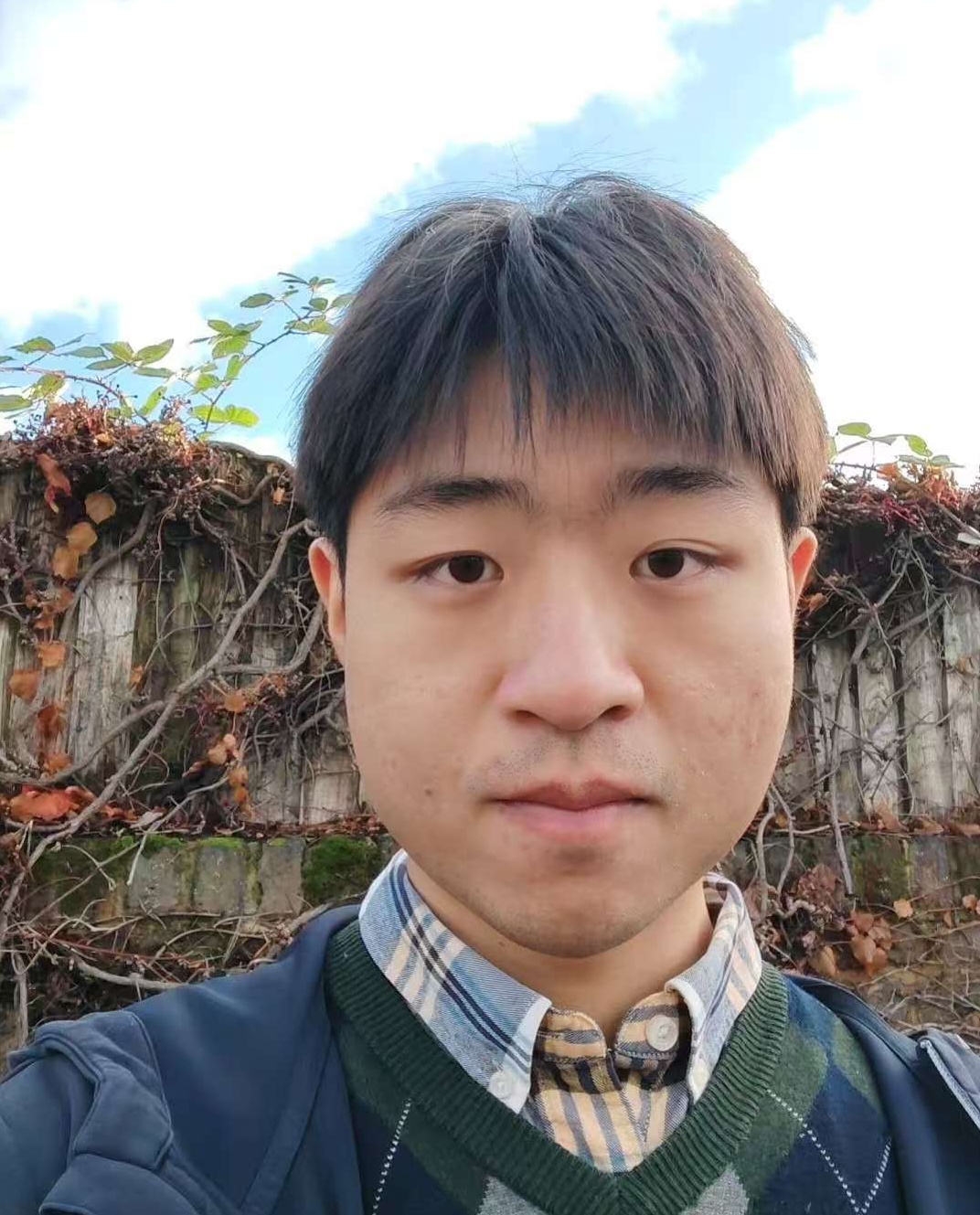
Peilin Wu
MRes Cancer Biology (Cancer Innovation Stream)The University of Hong Kong, BSc Molecular Biology & Biotechnology
Email: p.wu25[a]imperial.ac.uk
Bio:I am a graduate of the University of Hong Kong’s BSc in Molecular Biology & Biotechnology and now an MRes student at Imperial College London. I am excited to join the Ye Lab for my research project, where I will be investigating the specificity of drugs for distinct proteasome active sites and their potential therapeutic applications in cancer.
